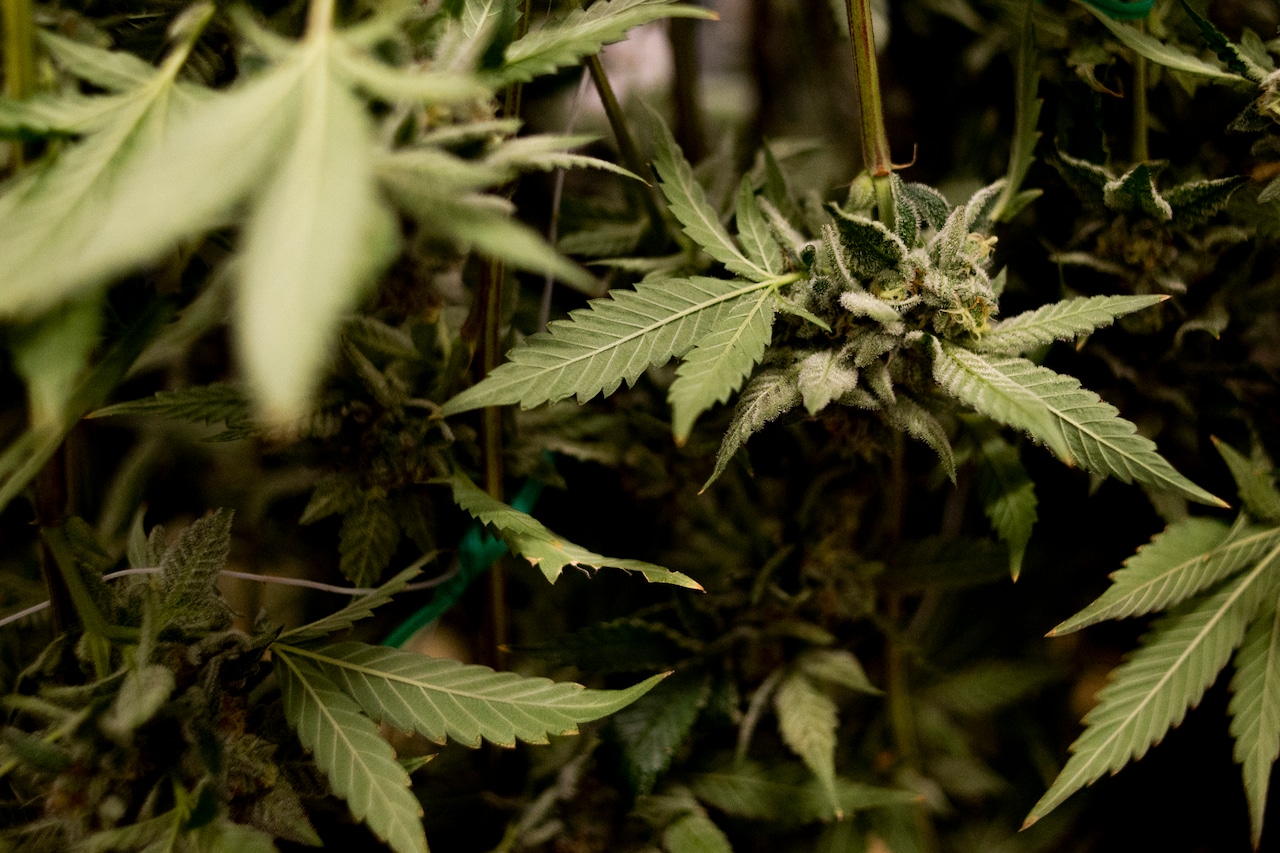Green Squeeze: Pincanna Trims Workforce as Cannabis Market Reshapes

Michigan-based cannabis company Pincanna is facing challenging market conditions, forcing the organization to make difficult strategic decisions. In response to a saturated cannabis market characterized by oversupply and plummeting prices, the company has announced significant operational adjustments, including employee layoffs and a temporary shutdown of its greenhouse cultivation facilities.
The move reflects the ongoing struggles within Michigan's cannabis industry, where rapid market expansion and increased production have led to a dramatic decline in product pricing. Pincanna's decision to pause its greenhouse operations signals the intense economic pressures confronting cannabis producers in the state, as they navigate an increasingly competitive and volatile marketplace.
By temporarily scaling back operations, Pincanna aims to strategically realign its resources and mitigate financial strain during this challenging period. The company's proactive approach underscores the need for cannabis businesses to remain agile and responsive to rapidly changing market dynamics.

